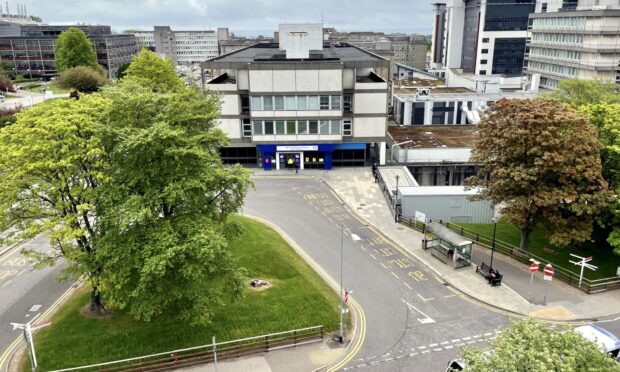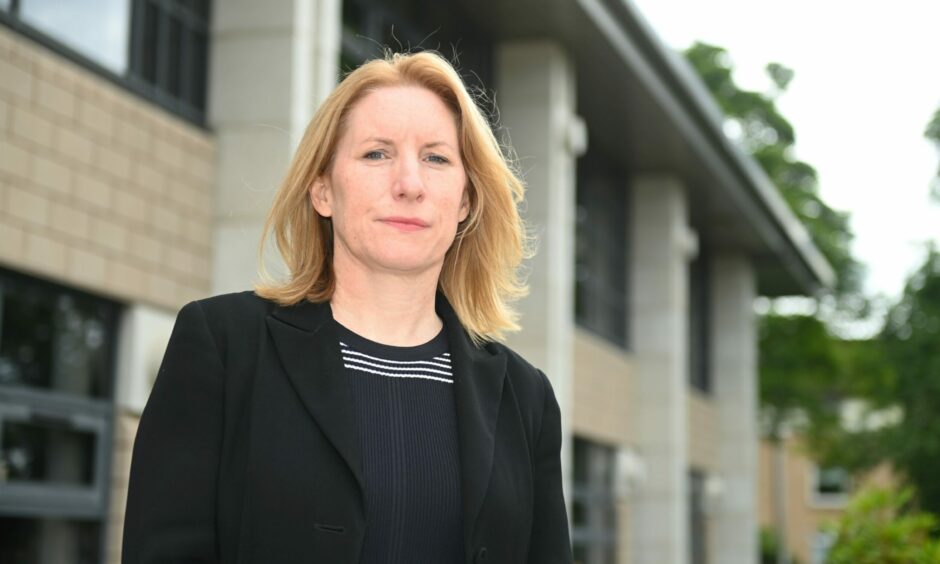Despite NHS Grampian hiring 20% more staff during the pandemic, some workers feel as though nothing has changed.
Questions on the topic were put to the health board’s chief executive and director of people and culture during a briefing for staff this week.
And top of the list of concerns were that employees are feeling just as stressed and exhausted as before – despite the major boost to recruitment.
Bosses were also asked about how well these new workers are being trained, and why some temporary contracts are coming to an end when there are still vacancies to fill.
A 20% increase, but it’s not felt ‘on the ground’
NHS Grampian chief executive Caroline Hiscox said the issue is one being felt across the country – for a multitude of reasons.
“I’m not sure we’re absolutely clear why it feels the way it feels, and it is the way it is just now,” she said.
“We absolutely have more people working in the system now than we did before the pandemic but, on top of that, we’ve got a whole lot of new services that have been started.”
Prof Hiscox pointed to the vaccination and contact tracing services required to tackle Covid – which had never been established at such a large scale before.
Signs of a ‘potential end’ to pandemic
She said the types and severity of illnesses they are treating have also changed, which is having an effect on the entire workforce.
“There has to be an element of the physical and psychological exhaustion,” she added.
“When you’re exhausted, everything seems like a bigger effort and any ask seems enormous, however despite that people still respond and do the best they can.
“One of the positive things I’ve heard is people are starting to see there is a way of out of this, a potential end, and that gives a level of energy.
“But there are other people in this system who are still experiencing extreme pressure and demand, so they don’t have that hope.”
‘Fast-track’ recruitment boosting NHS Grampian workforce
Meanwhile, efforts have been made to “fast-track” the recruitment process to further ease these pressures.
This has already taken the average time from identifying a vacancy to having someone starting the role from more than 100 days to around 96.

Further work, cementing the north of Scotland as an attracting region to live and work in, is also proving successful with more staff expected to join the service in the coming months.
And NHS Grampian has been holding talks with universities to see how graduates entering the workforce for the first time can be better supported.
Why are temp contracts expiring when there are vacancies to fill?
Meanwhile, the health board’s director of people and culture, Tom Power, explained during the briefing why some temporary contracts are expiring, even though vacancies are still being advertised.
“We’re not always recruiting to exactly the same (role) as what we have in place now,” he said.
“And where something is permanent where previously it’s been a fixed-term opportunity, we have to advertise.”

